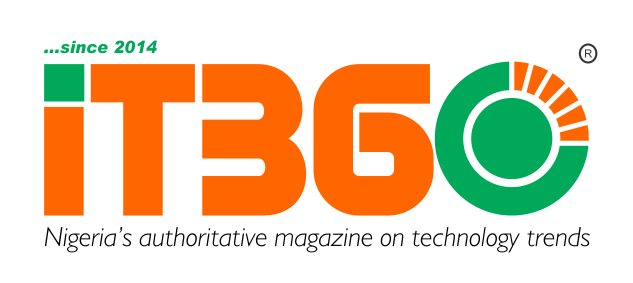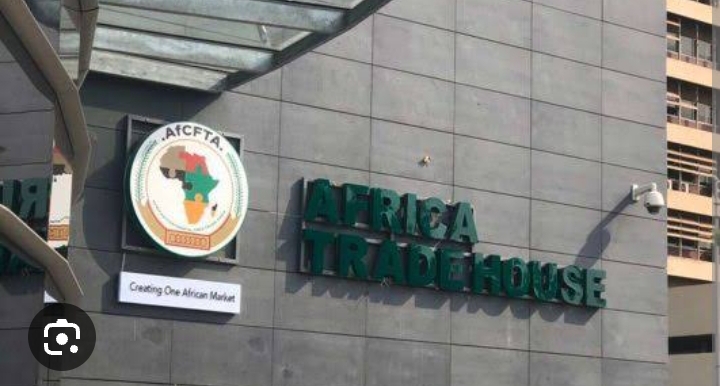Additionally, the World Bank, said with the implementation of AfCFTA, trade facilitation measures that cut red tape and simplify customs procedures would drive $292 billion of the $450 billion in potential income gains.As such, Shyllon, who spoke as a panelist at a telecoms forum in Lagos, said implementing AfCFTA would help usher in the kinds of deep reforms necessary to enhance long-term growth in African countries. She disclosed that the lack of harmonisation of various trade policies in the region would be a major setback to reaping the benefitsStressing the importance of harmonising data regulation in the region, the Meta chief, said currently 35 African countries have different data regulations unlike the European Union (EU), which has only a single data regulation.
Nigeria has been asked to take advantage of the $300 billion potential economic gains that await Africa’s digital economy by 2025. This advice came from the Head of Privacy Policy, Africa, Middle East and Turkey, Meta, Dr. Ololade Shyllon.She said huge economic potential awaits Nigeria and others if they can key strategically into the region’s digital economy, stressing that this has been propelled by the African Continental Free Trade Area (AfCFTA) agreement.Already, the World Bank has projected that AfCFTA presents a major opportunity for African countries to bring 30 million people out of extreme poverty and to raise the incomes of 68 million others, who live on less than $5.50 per day.

According to her, Africa must harmonise data regulation to be able to benefit immensely from the potential of the region.“Free flow of data across the region is essential to boost trade. While data must be protected, a restricted data ecosystem would be a very big problem for Nigeria and others. Data kept at stagnation doesn’t make it valuable until it is used,” he stated.Speaking also, the National Commissioner, Nigeria Data Protection Commission (NDPC), Dr. Vincent Olatunji, said the worldwide digital economy is expanding at an extraordinary pace.According to the World Economic Forum, in 2019, the global digital economy had a valuation of $11.5 trillion, which surged to $14.5 trillion in 2021, with projections indicating it will reach an impressive $20.8 trillion by 2025.Concurrently, Olatunji said the global data economy is estimated to be valued at $3 trillion, stressing that data has emerged as a critical strategic asset for fostering both individual and societal value.“Presently, we are witnessing unparalleled technological progress propelled by the potency of data. He said Forbes reported an astonishing volume exceeding 2.5 quintillion bytes of data is generated daily, as of October 2021,” he stated.
According to him, Nigeria’s digital economy is on a rapid upward trajectory, driven by increased Internet access, mobile technology, a thriving start-up ecosystem, and government support.However, he said the digital economy is challenged by infrastructure gaps, funding, digital literacy, cybersecurity threats and attitudinal change.Canvassing support for the emerging digital economy in the country, the Executive Vice Chairman, the Nigerian Communications Commission (NCC), Prof. Umar Danbatta, said the digital economy is based on activities that use digitised information, technologies and knowledge as key factors of production to drive innovation, create job opportunities and promote economic growth.Danbatta, who said digital economy also refers to any economic activity that is primarily enabled by the use of digitized information or data, stressed that the drive to digitise government operations is on and this will lead to increased efficiency, reduction in corruption, and improvement in citizen engagement.


